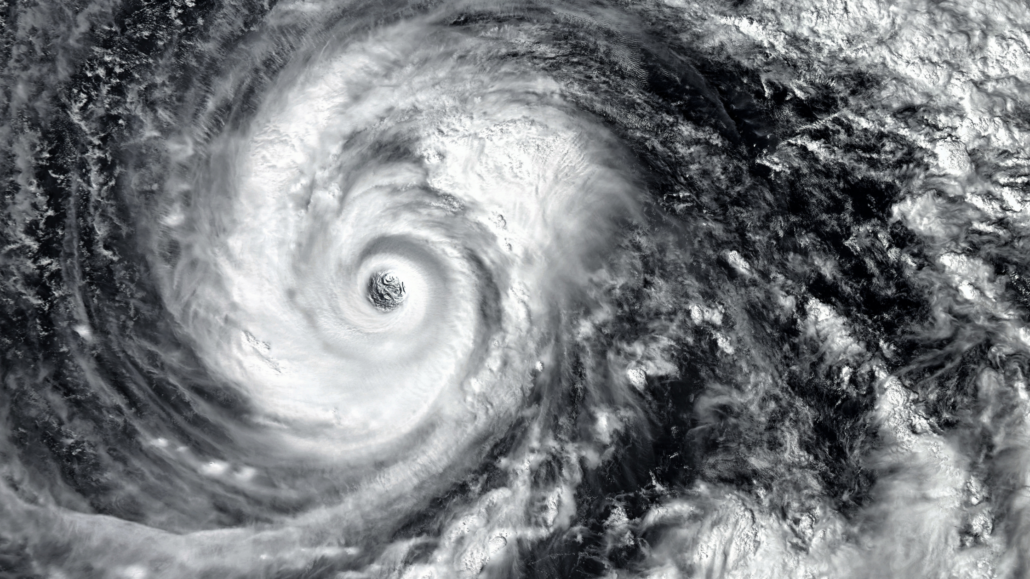Resilience in the Face of Disaster: How Fortified Data Keeps Clients Running While Communities Rebuild After Hurricane Helene
Hurricane Helene recently swept through five states in the Southeast, leaving destruction in its wake. Living in Western North Carolina, I was, like many others, caught off guard by the severe weather warnings this far north. In a rush to protect my property from the rising waters, I prepared for what I thought would be a brief challenge. But as the power shut down, water service cut off, and cell reception disappeared, I realized this would be a much longer ordeal than I anticipated.
Beyond the immediate stress of the storm, I found myself disconnected from family, neighbors, and work. But what also came to mind was how our clients would be effected. When a hurricane strikes, the impact on businesses can be severe, particularly in terms of their technology infrastructure. Power outages, flooding, and physical damage to facilities often lead to prolonged downtime for critical IT systems.
Businesses that rely on on-premises servers or data centers may lose access to essential applications, customer data, and communication platforms, resulting in significant operational disruption. For companies without robust disaster recovery plans or off-site backups, data loss can be catastrophic. Additionally, damage to telecommunications infrastructure can isolate businesses, making it difficult to coordinate recovery efforts or maintain contact with clients and partners. But even in the turmoil, I realized our business operations at Fortified Data and the clients that we provide expert services for were not only cared for, but kept up and running.
Fortified Data is a fully remote company, with a team spread across the U.S. We provide 24/7 remote database services, support, and expertise to numerous companies that rely on us to ensure their critical database environments are up and running. While a few of us were taken offline by the storm, the rest of our team seamlessly stepped in, ensuring that our clients experienced no disruptions.
As I sat holding what had become a useless brick of a “smartphone,” I reflected on the irony. The very technology I was missing—cellular service, internet connectivity, and cloud-based infrastructure—was exactly what allowed Fortified Data to keep our clients up and running, even in the face of a disaster. Thanks to the managed services we offer, our clients didn’t experience the same disruptions that many businesses faced.
At Fortified Data, our proactive approach to database management ensures that our clients’ critical systems are continuously monitored and maintained. Through services like real-time monitoring, automated backups, and cloud-based solutions, we prevent issues before they happen and swiftly address any potential disruptions. The distributed nature of our managed services also means that our teams across different regions can step in when needed, avoiding any reliance on a single location or system.
Day to day, these managed services might seem like standard offerings, but when disaster strikes, their importance becomes clear. Instead of scrambling to restore service or worrying about lost data, our clients can rest easy knowing that their systems remain operational and secure, thanks to the proactive measures we’ve put in place. This resilience is the backbone of what we offer at Fortified Data, ensuring that no matter what happens, we’re able to keep our clients’ businesses running smoothly.
Clearly, my personal experiences pale in comparison to the devastation faced by the hundreds of thousands affected by Helene’s storm surges and flash floods. While I was merely inconvenienced by a lack of connectivity, countless individuals and families are dealing with far worse: homes destroyed, entire communities submerged and lives upended. For many, the road to recovery will take months, if not years, as they rebuild not just their physical spaces but also their sense of security and normalcy.
The impact of the storm stretches far beyond lost power or disrupted communication. People have lost their homes, their livelihoods, and in some tragic cases, loved ones. The emotional and financial toll will be staggering as communities work to recover from the destruction left in Helene’s wake. In the hardest-hit areas, basic necessities such as clean water, food, and shelter are scarce, and the efforts to restore infrastructure will require immense resources and coordination.
While technology may help some of us stay connected or keep businesses running, for those on the ground facing the immediate aftermath of the hurricane, it’s a long battle for survival and rebuilding. Recovery is going to take not only time but also the collective efforts of relief organizations, volunteers, and donations from those who are able to help.
Organizations like the WNC Foundation and the American Red Cross are already mobilizing to provide critical assistance. They are offering emergency relief, food, shelter, and medical care, but the need is vast. For those of us fortunate enough to be in a position to help, contributing to these efforts can make a real difference in the lives of those who are facing unimaginable challenges in the wake of this disaster.



Leave a Reply
Want to join the discussion?Feel free to contribute!